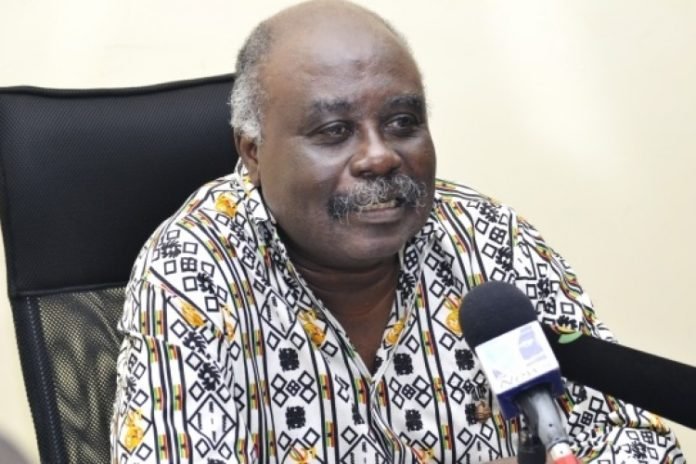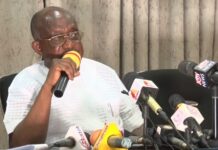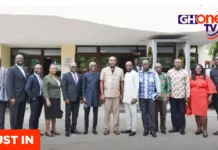
Energy expert Dr. Charles Wereko-Brobby has advised government to place ECG on the Ghana stock exchange following the failed concession deal with PDS.
In his view, such a move will take the power distribution company out of the direct control of government and therefore ensure transparency and efficiency in management.
“Placement on the Ghana stock exchange will address the issues of removing the grabby hands of government from ECG. More importantly, it will dilute government control and so it cannot make all the decisions. It becomes a like a silent investor. The other option is to leave ECG as it is and revert to a consortium,” he told Morning Starr host Francis Abban on the Morning Starr Wednesday.
The CEO of the Volta River Authority (VRA) also expressed concerns over the seeming leadership role the finance minister is playing in ECG affairs in recent times instead of the Energy minister.
“I find it extremely strange to hear the Finance Minister will be addressing us on the way forward with ECG. Where is the Sector Minister and his deputies? One of the challenges we had with the PDS thing is that we hastened too quickly. I don’t think we should rush going forward”.
The government of Ghana has canceled its concession agreement with the private investor for the management of ECG despite opposition by the American government.
The Ghana government argues PDS failed to satisfy some key condition precedents under the contract.
Consequently, the US government has withdrawn the second tranche of $190million earmarked for improvement in Ghana’s energy sector under the millennium challenge compact.
Background
On March 1, 2019, Ghana Power Distribution Services, Ltd. (PDS) assumed operation and management of the staff and assets of the Electricity Company of Ghana (ECG) under a 20-year concession agreement.
According to the Millenium Challenge Compact, Private sector participation is a central reform under MCC’s Ghana Power Compact. This was critical to the long-term sustainability of related infrastructure investments and the financial recovery of the energy sector in Ghana.
The Compact comprised two tranches of funding: $308 million available upon the official start of the current Compact, and a second tranche of $190 million, which was available upon a successfully executed concession agreement, which the United States maintains occurred on March 1, 2019.
Source: Ghana/Starrfm.com.gh/103.5FM




